Using SBC to Transform Gender Norms: An Intervention to Improve Family Planning and Reproductive Health
Written by: Olivia Carlson, Program Officer, Breakthrough ACTION
Taking action to improve gender equity in health and to address women’s rights to health is one of the most direct and potent ways to reduce health inequities and ensure effective use of health resources.
Traditional gender norms give men more access to power, wealth, and authority, resulting in poorer physical and mental health outcomes for both men and women.1 Social and behavior change (SBC) interventions can be highly effective in transforming harmful gender norms to reduce gender health disparities and promote gender equality.
Evidence from the Bandebehero project in Rwanda shows that SBC interventions designed to be gender transformative can improve several outcomes related to gender inequality at the same time, including household power dynamics, interpersonal violence, family planning, and maternal health.2 Men and their partners were recruited to attend small group sessions to discuss topics such as how gender norms influence their lives, how men can support women during pregnancy and after birth, the importance of fatherhood, and the division of household chores.2 Men also participated in small sessions without their partners to discuss becoming a father, caring for a newborn, identifying violence, and resolving conflict.2 Couples who participated in the program reported less interpersonal violence; greater male involvement during pregnancy and after birth, household chores, and childcare; higher levels of contraceptive use; and more egalitarian household decision-making.2
These exciting results show that SBC interventions can positively change gender norms and household power dynamics to improve wellbeing across multiple areas, including family planning and reproductive health, interpersonal violence, division of household responsibilities, and decision-making. The Bandebehero project demonstrates that SBC interventions are critical to reaching global goals around gender equality and the wellbeing of men, women, and their children.2
Are you working on gender-transformative SBC interventions to improve family planning and reproductive health? Please let us know by writing to Breakthrough ACTION directly and check out the Compass for a curated set of resources on SBC and gender. You can also visit the Social and Behavior Change for Family Planning Evidence Database for more evidence on how SBC approaches have improved family planning outcomes in low- and middle-income countries.
References

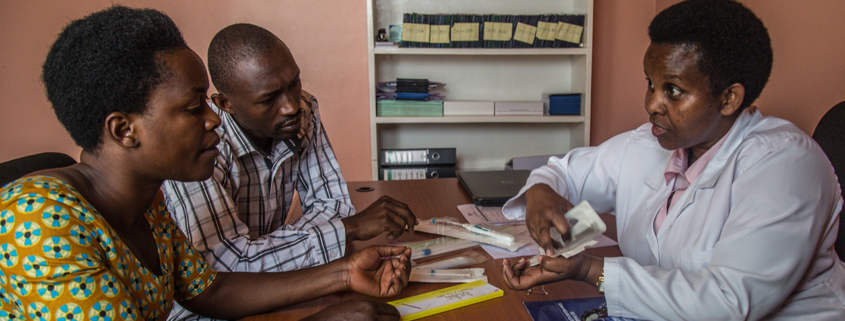 Yagazie Emezi/Getty Images/Images of Empowerment
Yagazie Emezi/Getty Images/Images of Empowerment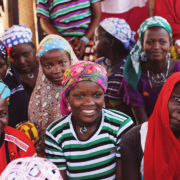 Cambey Mikush/Photoshare
Cambey Mikush/Photoshare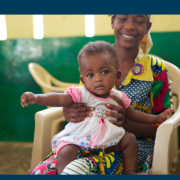 Sara Holbak/VectorWorks/Photoshare
Sara Holbak/VectorWorks/Photoshare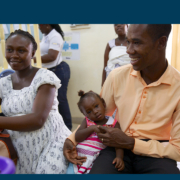 Sarah Hoibak/VectorWorks/Photoshare
Sarah Hoibak/VectorWorks/Photoshare Rebekah Munnikhuysen/US Peace Corps/Photoshare
Rebekah Munnikhuysen/US Peace Corps/Photoshare Getty Images/Image of Empowerment
Getty Images/Image of Empowerment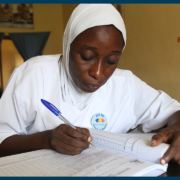 © 2012 CCP/NURHI 2, Courtesy of Photoshare
© 2012 CCP/NURHI 2, Courtesy of Photoshare